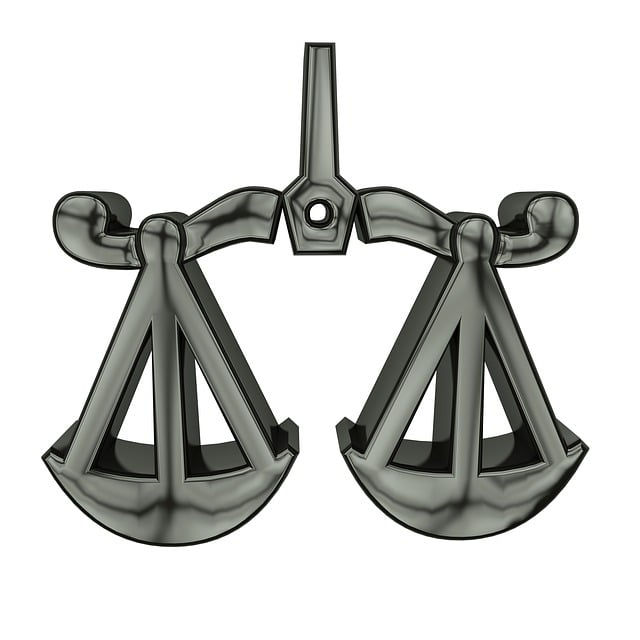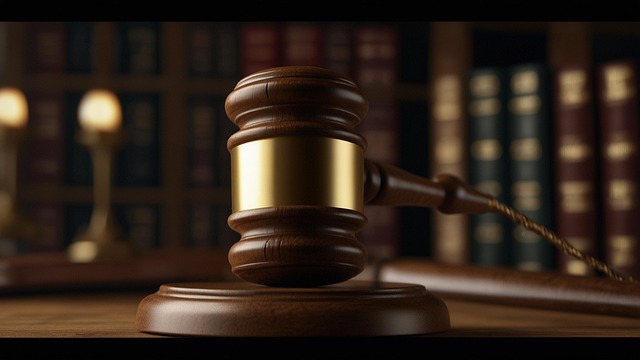Securities regulations play a crucial role in shaping financial litigation outcomes, especially in fraud cases. Strict rules act as deterrents, facilitating efficient investigations and prosecutions, and ultimately ensuring justice. These regulations promote transparency, fairness, and accountability, protecting investors, financial institutions, and individuals alike. Their impact is evident in recent case studies, where strict enforcement has led to substantial penalties for fraudulent practices, maintaining market integrity and public trust.
Fraudulent financial practices pose significant challenges, undermining investor confidence and destabilizing markets. This article delves into the intricate relationship between securities regulations and litigation outcomes. We explore how robust regulatory frameworks can serve as a shield, deterring fraudulent activities and promoting transparency. Through case studies, we demonstrate the tangible impact of securities regulations on holding perpetrators accountable. Understanding these dynamics is crucial for enhancing market integrity and ensuring justice in financial disputes. Learn how securities regulations ultimately shape litigation outcomes.
- Understanding Fraudulent Financial Practices
- Role of Securities Regulations in Litigation
- Impact on Litigation Outcomes: Case Studies
Understanding Fraudulent Financial Practices
Fraudulent financial practices refer to a range of illegal or unethical actions designed to manipulate financial systems for personal gain. These activities can take many forms, from accounting fraud and insider trading to money laundering and Ponzi schemes. Understanding these practices is crucial in navigating the complexities of modern finance and ensuring fair market operations. Securities regulations play a pivotal role in mitigating fraudulent behaviors by setting standards and guidelines that businesses and individuals must adhere to.
How securities regulations impact litigation outcomes cannot be overstated. Stringent rules and oversight can act as deterrents, making it more challenging for wrongdoers to exploit loopholes. When fraud does occur, these regulations facilitate efficient investigations, enabling authorities to hold culpable parties accountable through successful prosecutions. This not only serves justice but also strengthens public trust in financial institutions across the country, fostering a more transparent and secure economic environment. In the battle against white-collar and economic crimes, corporate and individual clients alike are protected by these regulatory measures, ensuring that financial transactions remain fair, legitimate, and trustworthy.
Role of Securities Regulations in Litigation
Securities regulations play a pivotal role in shaping the landscape of financial litigation. These regulations are designed to protect investors by ensuring transparency, fairness, and accountability in the securities market. When fraud or misconduct occurs, these rules serve as a crucial foundation for legal proceedings. By establishing clear guidelines and standards, securities regulations provide a structured framework for both plaintiffs and defendants, influencing the strategies employed during litigation.
The impact of securities regulations on litigation outcomes is profound. They set the bar for acceptable practices, making it easier for courts to identify and penalize fraudulent activities. This results in winning challenging defense verdicts, as the onus of adhering to regulatory standards falls squarely on financial institutions and individuals involved in their operations. Across the country, philanthropic and political communities have advocated for stricter securities regulations, recognizing their role in fostering integrity within the financial sector.
Impact on Litigation Outcomes: Case Studies
The impact of securities regulations on litigation outcomes is a crucial aspect often overlooked in discussions about fraudulent financial practices. These regulations play a pivotal role in shaping the legal landscape for white-collar defense strategies. Case studies reveal that strict enforcement of securities laws can significantly sway court decisions in favor of plaintiffs, especially when addressing complex financial frauds. For instance, a recent high-profile case involved a prominent corporate executive accused of manipulating stock prices through deceitful practices. The robust application of securities regulations led to a thorough investigation, resulting in substantial penalties and damages awarded to aggrieved investors.
This phenomenon underscores the power of well-enforced securities laws in deterring potential fraudsters and safeguarding the interests of both individual investors and the philanthropic and political communities they support. By holding wrongdoers accountable and ensuring restitution for victims, these regulations contribute to maintaining market integrity and instilling public trust. Such outcomes not only serve as a deterrent but also highlight the effectiveness of regulatory measures in shaping litigation strategies, ultimately impacting the financial and reputational consequences for those engaged in fraudulent practices for his clients.
Securities regulations play a pivotal role in shaping litigation outcomes related to fraudulent financial practices. By establishing clear guidelines and enforcement mechanisms, these regulations act as a safeguard for investors and markets alike. As demonstrated through case studies, a robust regulatory framework can significantly enhance the chances of successful prosecution, recovery, and deterrence. Understanding how securities regulations influence litigation outcomes is essential for navigating the complex landscape of fraud prevention and ensuring justice in financial matters.






